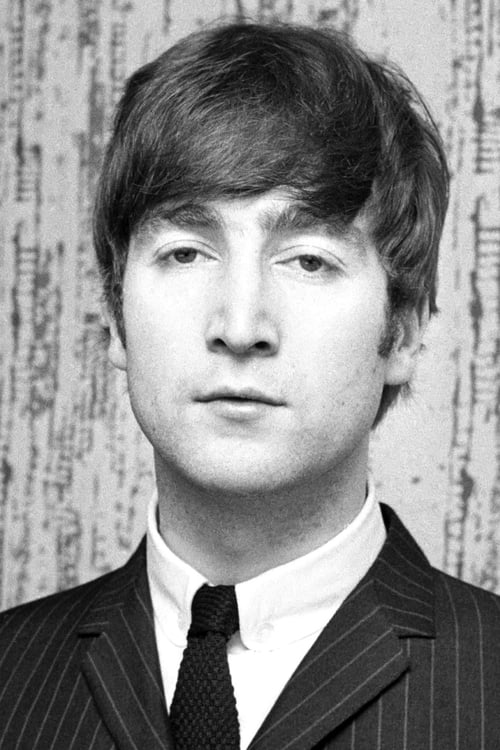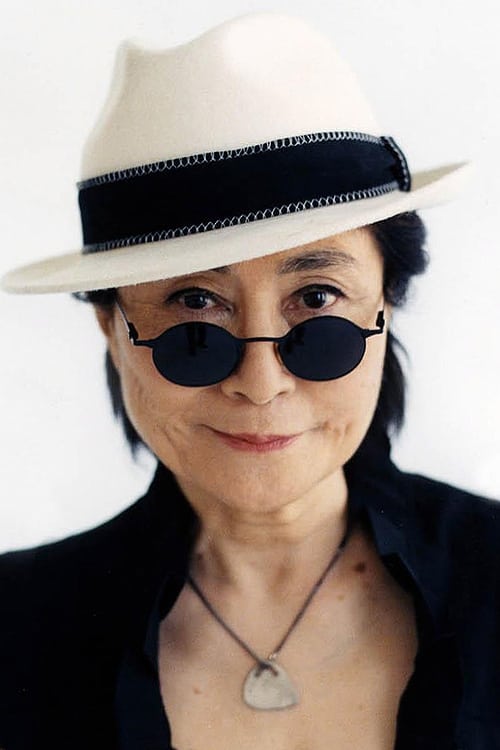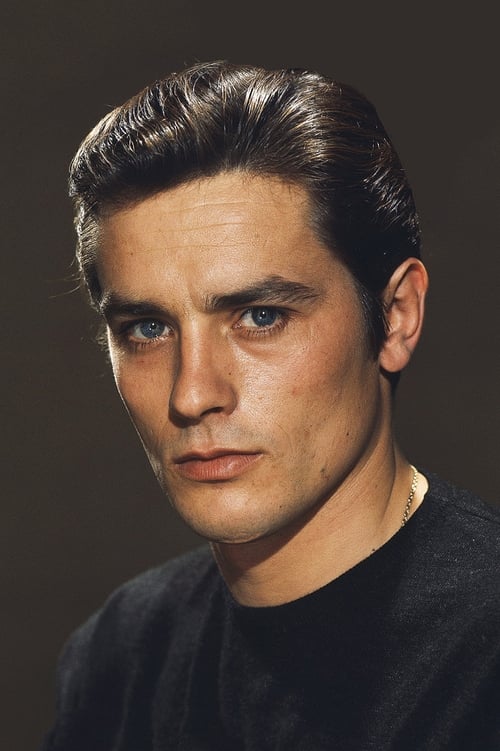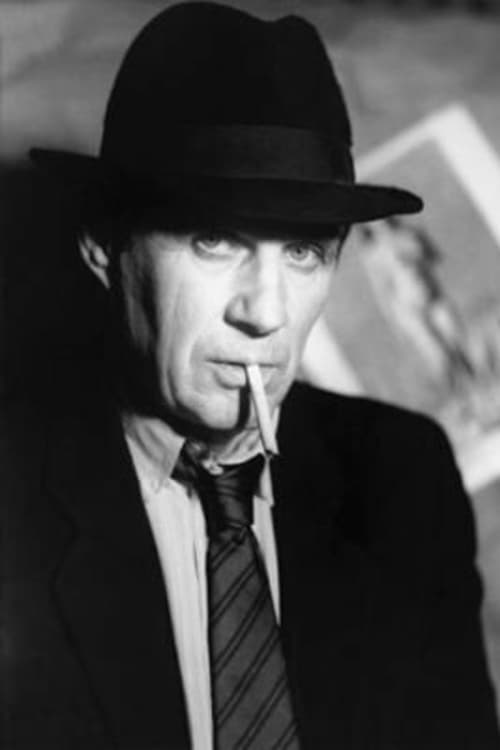Urgent ou à quoi bon exécuter des projets puisque le projet est en lui-même une jouissance suffisante (1977)
Жанр : документальный
Время выполнения : 1Ч 42М
Директор : Gérard Courant
Краткое содержание
Gérard Courant applies the Lettrist editing techniques of Isidore Isou to footage of late 70's pop culture. Courant posits that his cinema offers an aggressive détournement to the French mainstream, reifying a Duchampian view of film: "I believe in impossible movies and works without meaning... I believe in the anti-movie. I believe in the non-movie. I believe in Urgent... My first full length movie that is so anti-everything that I sometimes wonder if it really does exist!"
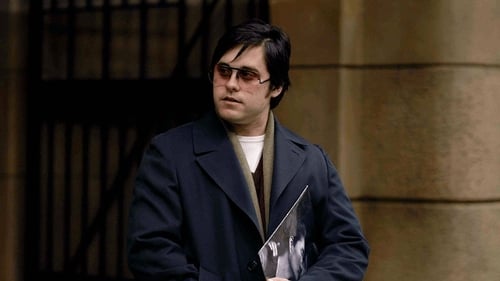
Нью-Йорк. 8 декабря 1980 года. Черная дата в истории рок-музыки. Джон Леннон выходит из его нью-йоркских апартаментов «Дакота», где он проживает со своей женой Йоко Оно. Марк Чэпман нажимает на курок и выпускает в рок-идола пять пуль подряд. Почему? За что? Что толкнуло этого на вид нормального, женатого человека убить легенду музыки и лидера молодежи 60-х? За несколько дней до трагедии психическое состояние Чэпмана стремительно ухудшается, он предается жесткой депрессии, его гнетет обыденность и мещанство, его все больше раздражает поведение фанатов, собирающихся у «Дакоты». Нет, жизнь не здесь, а там, «Над пропастью во ржи»… Нездоровая приверженность классическому роману приводит Чэпмана к потере чувства реальности и совершению одного из самых громких преступлений в истории человечества.
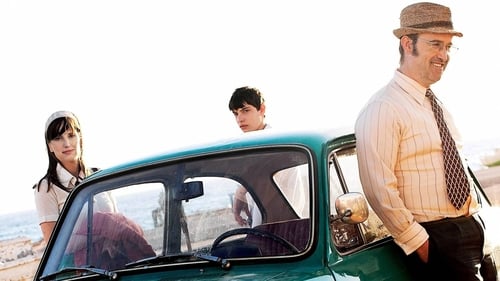
Spain, 1966. An English teacher who travels to Almería when he hears that John Lennon is making a film there befriends with a 16-year-old boy who has run away from home and a young girl who also seems to be running away from something.
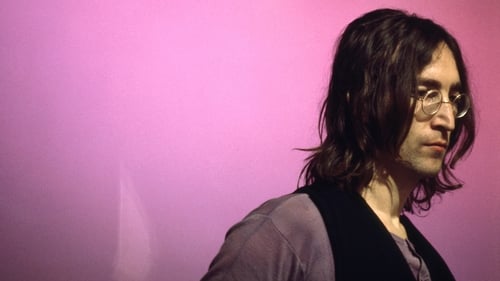
The biography of former Beatle, John Lennon—narrated by Lennon himself—with extensive material from Yoko Ono's personal collection, previously unseen footage from Lennon's private archives, and interviews with David Bowie, his first wife Cynthia, second wife Yoko Ono and sons Julian and Sean.
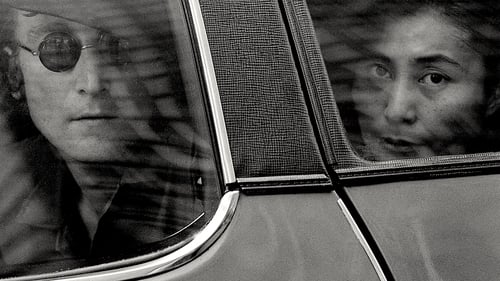
Film telling the untold story of John Lennon's 1971 album Imagine, exploring the creative collaboration between Lennon and Yoko Ono and featuring interviews and never-seen-before footage.

In celebration of the 50th anniversary of The Beatles' first appearance on The Ed Sullivan Show, this magnificent star-studded tribute salutes the Fab Four. Appearing with Paul McCartney and Ringo Starr were guest musicians Joe Walsh, Gary Clark, Jr., Stevie Wonder, The Eurythmics, John Legend, Alicia Keys, Maroon 5, Dave Grohl, Katy Perry, Peter Frampton, and more.
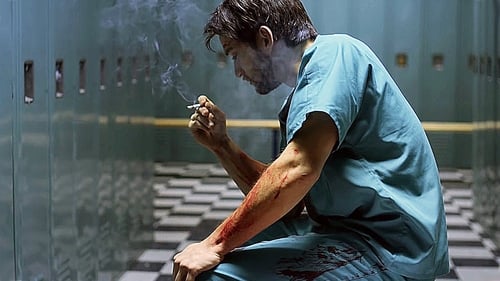
The events on the night John Lennon was killed, seen through the eyes of those who lived it. The great men and women of NYC who did all they could to save a life, some without even knowing it was John Lennon himself. Based on a true story.
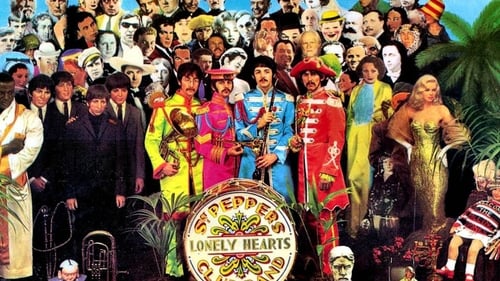
Featuring interviews with former employees, fellow musicians, family members and journalists, and supported by original and exclusive never-seen-before footage, this star-studded rockumentary offers a fascinating insight into the creation and recording of one of the most ground-breaking and influential albums in pop history.
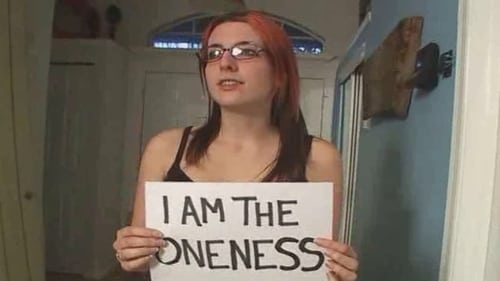
The Pollard family is calmly discussing their impending death by atom bomb when Mrs. Pollard recounts a dream in which she sensually bathes herself in the “Tears of Neglected Children”.

A puppet, newly released from his strings, explores the sinister room in which he finds himself.

"Using the same, three times repeating dialogue – dramatic conversation between man and woman – Jerzy Skolimowski from Poland, Slovak director Peter Solan and Czech director Zbynìk Brynych shot three different stories. The result was an extraordinary experiment in the world cinema, which we can call an insight in the relationships of men and women of different age groups, an analysis of love and marriage of those who are at the beginning, in the middle or going towards the end of their life."

Produced by WGBH-TV in Boston, the Medium Is the Medium is one of the earliest and most prescient examples of the collaboration between public television and the emerging field of video art in the U.S. WGBH commissioned artists — Allan Kaprow, Nam June Paik, Otto Piene, James Seawright, Thomas Tadlock and Aldo Tambellini — to create original works for broadcast television. Their works explored the parameters of the new medium, from image processing and interactivity to video dance and sculpture.
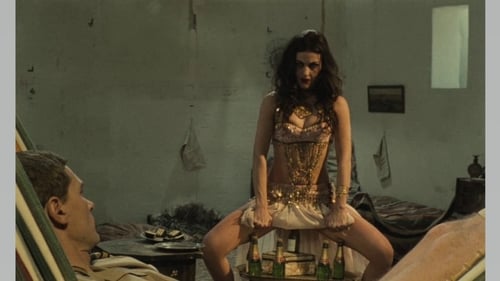
Hamdias, a producer who's set out to break new boundaries, plans to finance a film about torture. According to him, torture, the clash of two or more people, is not only what substantiates basic human relationships but also love and politics. Unfortunately Hamdias dies in a freak accident and his project is grounded. After some time, Galai (Olga Karlatos), who should have been the main actress of Hamdias movie, sets out to complete the controversial project. As soon as filming starts again, the thin line that separates reality from a nightmarish obsession begins slowly to blur.
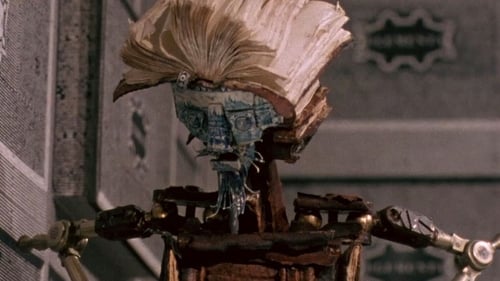
В Праге марионетка-профессор с металлическими щипцами вместо рук и открытой книгой вместо шляпы берет мальчика в ученики. Сначала профессор убирает пух и игрушки из головы ребенка, оставляя его голову без верхушки на протяжении большей части фильма. Затем профессор учит парня иллюзиям и перспективам, исследованию объекта через изучение работ рисовальщиков, познанию объекта и миграции форм. Потом ребенок притаскивает коробку с тарантулом, а профессор засовывает в нее «руки» и описывает, что он чувствует. Когда мальчик получает последний урок анимации и создания фильма, профессор дает ему мозги и его собственную открытую книгу-шляпу.

550 artists were interviewed over ten years. At some point during those interviews, they were asked a question and told to answer with one word only. Some stuck to one, some said more, some answered quickly, some thought it through, and some didn't answer at all. That question… Lennon or McCartney?
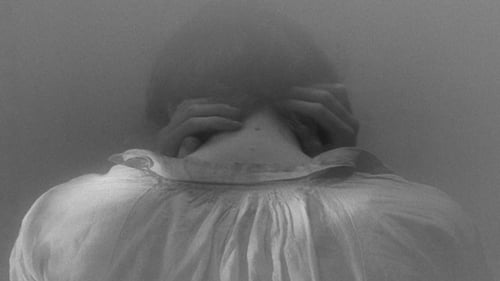
A woman sits alone on a chair at a table in a room on one of the top floors of an asylum. Bright spot lights dot the night, sometimes shining on her window. She sharpens pencils and writes on a page in a copy book. The pencil point often breaks under her fingers' force. She places broken points outside the window on the sill. A satanic figure is somewhere nearby, animated but of straw or clay, not flesh. She finishes her writing, tears the paper from the pad, folds it, places it in an envelope, and slips it through a slot. Is she writing to her husband? "Sweetheart, come." Written by

Trance dances and out of body projection. In front of the camera, Parvaneh Navaï becomes a mediator who enters in contact with and immerses into the energies of Nature, while her own energy radiates and echos in the forest ("selva"). The camera amplifies and expands her presence, transforming the forest into an imaginary space. The camera becomes a painter's brush.

From radical turntablism (Otomo Yoshihide) to laptop music innovation (Numb), via classical instrument hijacking (Sakamoto Hiromichi), Tokyo's avant-garde music scene is internationally known for its boldness. While introducing some of the greatest musicians of this scene, "We Don't Care About Music Anyway..." offers a kaleidoscopic view of Tokyo, confronting music and noise, sound and image, reality and representation, documentary and fiction.

A spectacular collaboration between prize winning Canadian animator Pierre Hébert and cutting edge electronics wizard Bob Ostertag. Outrageous noise sampling interacts with spontaneously created live animation in this groundbreaking improvisational work, refined and perfected for an exclusive DVD release.

Writes Imai, "As a photographer during the 1970s, my interest in capturing time led me to explore the video medium. After utilizing video in two or three works, I saw a similarity between videotape and an ancient scroll, in that they both capture a story of our time. I started using physical videotape as a metaphorical representation of time, rolling out the magnetic tape from right to left, representing a narrative from beginning to end."

2001 short film

